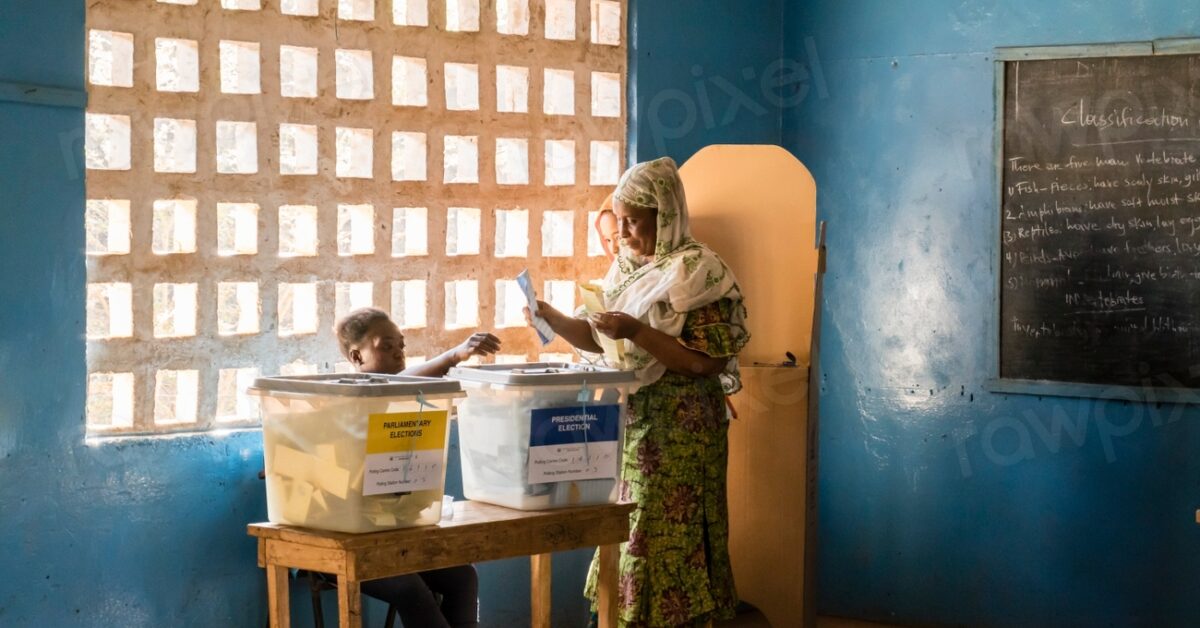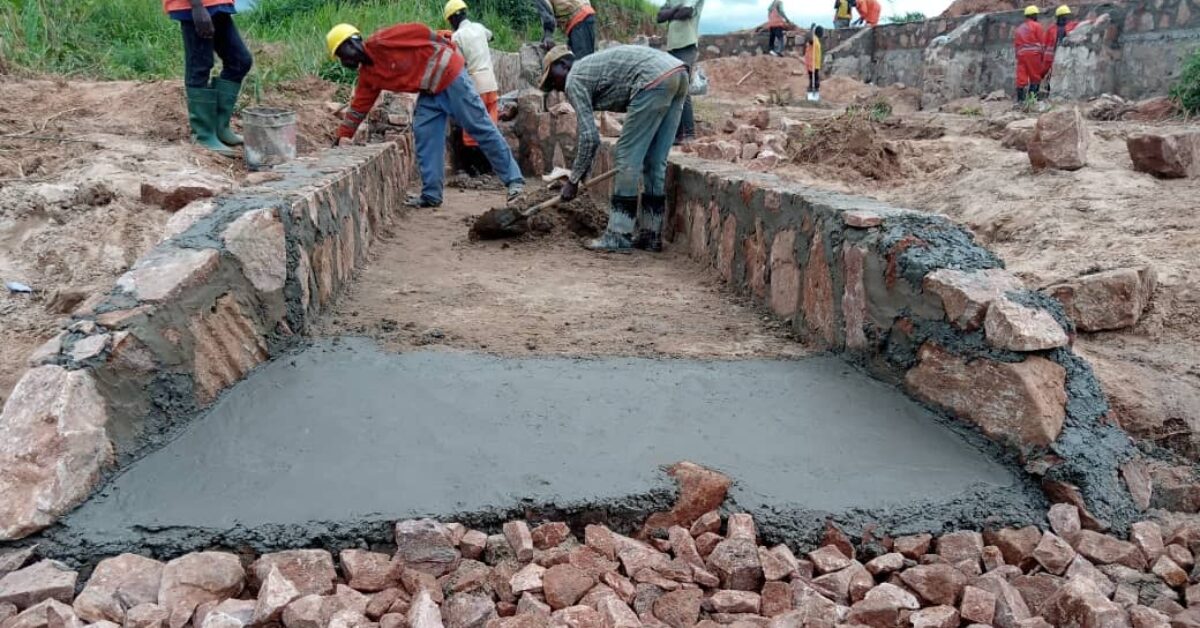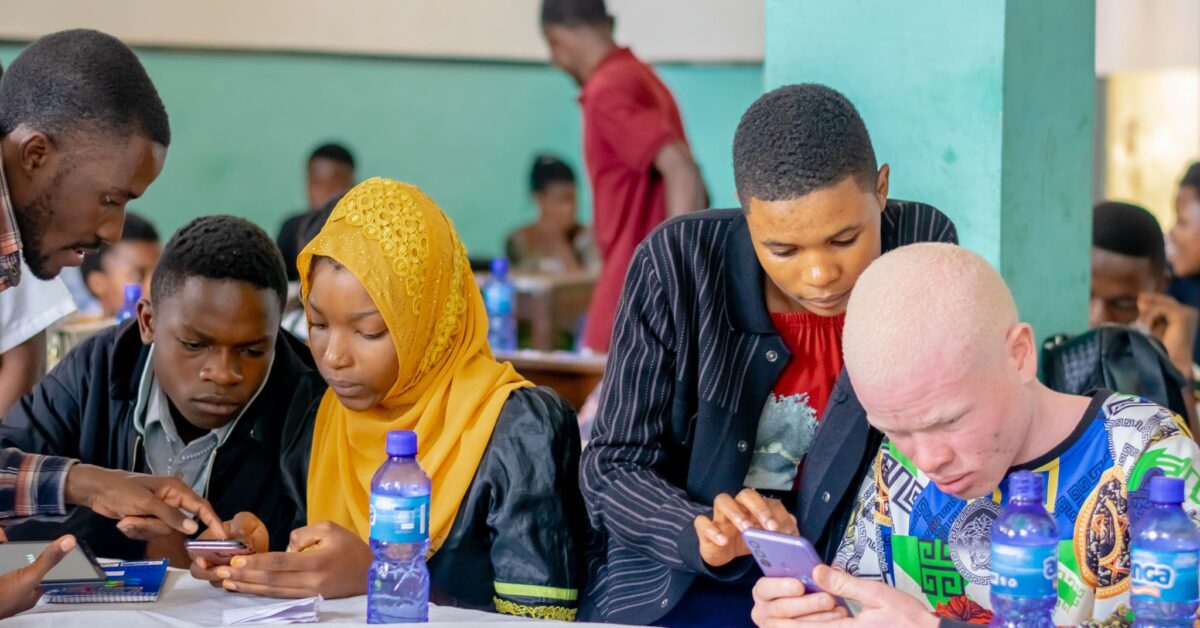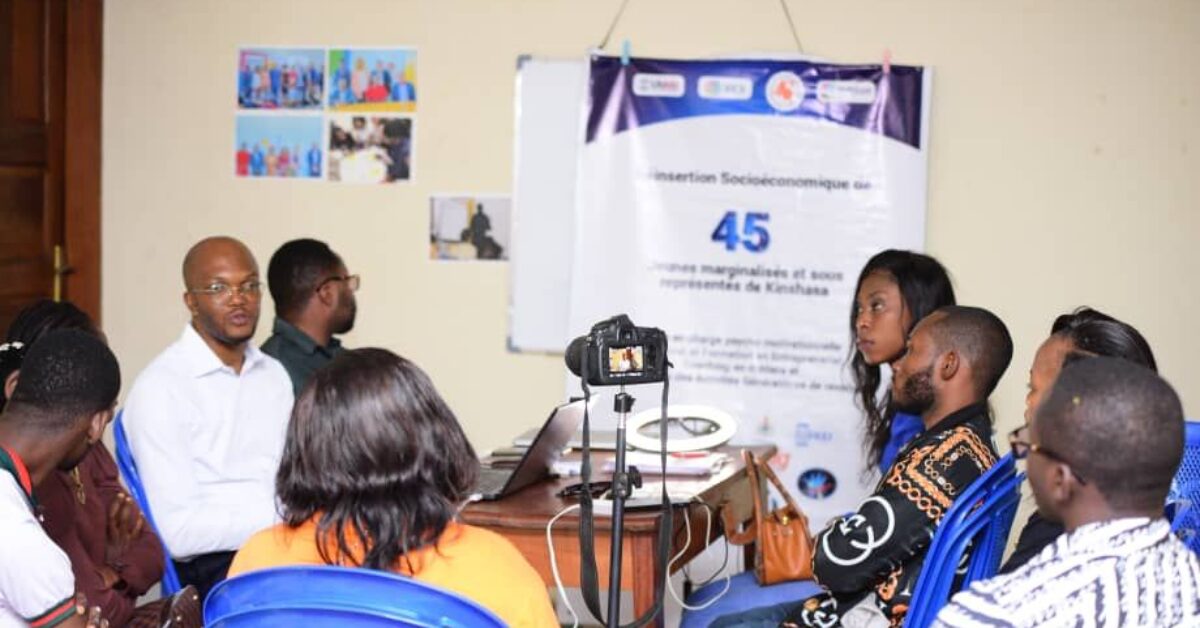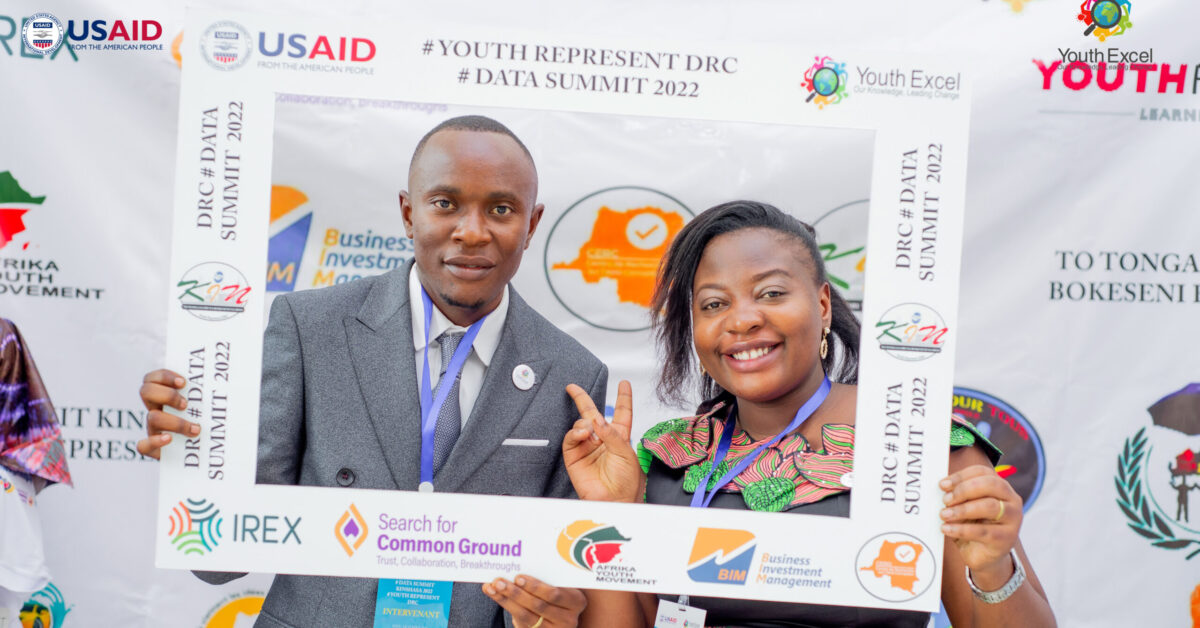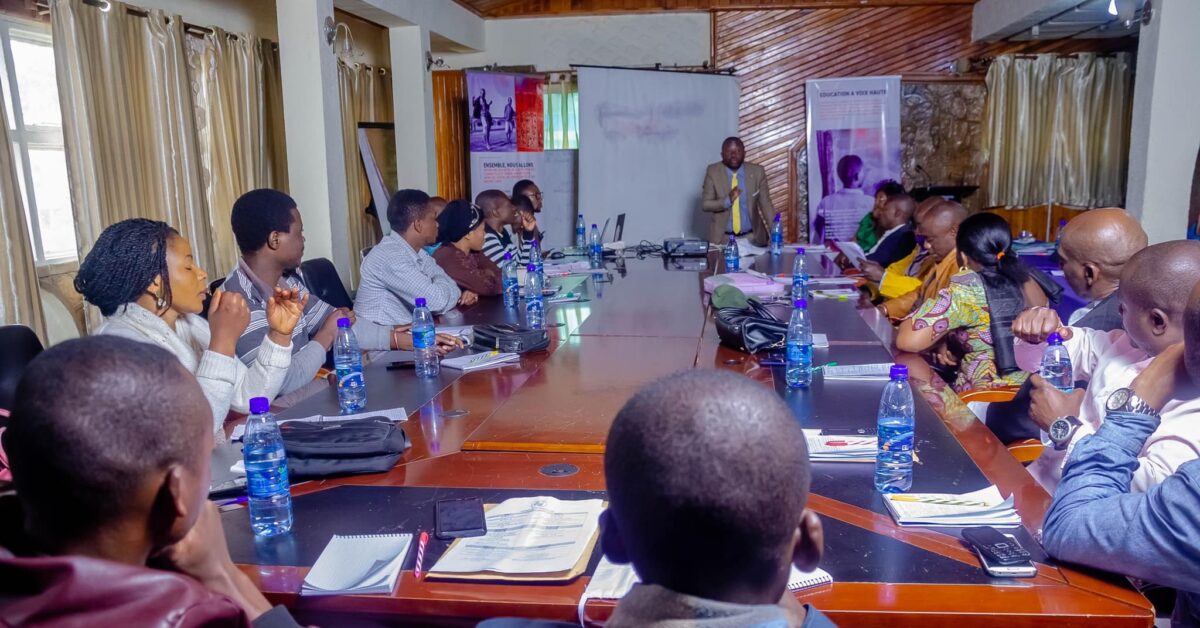The illicit and non-transparent financing of political parties poses a major challenge to the equity and integrity of the electoral system in the Democratic Republic of Congo (DRC). This practice, in addition to compromising the transparency and fairness of elections, erodes public trust in the democratic process.
Success Stories
Building Infrastructure with Integrity: The Role of Citizen Monitoring and Advocacy
Corruption has been a longstanding issue in the DRC, particularly in infrastructure projects funded by international aid and public resources. These projects, vital for economic development and improving citizens’ quality of life, often face corruption at various levels, leading to cost overruns, substandard work, and delayed completion.
300 students trained in anti-corruption mechanisms
From 2 to 15 November 2022, 9 two-day training workshops on School Integrity Building approach were organized for three hundred students, including 180 from South Kivu and 120 from Kinshasa.
ICON Kinshasa initiates a Quick Impact project, reintegrating 45 marginalized, unemployed youth in Kinshasa.
9 youth-led and youth-serving organizations within the Issue-based Collaborative Network have launched an impact project called “Socio-Economic Reintegration of 45 Unemployed and Underrepresented Youth in Kinshasa”.
Youth Excel Kinshasa Data Summit: Increasing youth inclusion in education and in workforce development programmes
CERC in partnership with IREX and SFCG, held the issue-Based Collaborative Networks (ICONs) Data Summit in Kinshasa in December 2022.
138 school principals and 278 teachers trained on integrity building and anti-corruption measures in the school system
278 teachers and 138 head teachers from 150 secondary schools in Kinshasa and Bukavu, received intensive training on anti-corruption measures and promoting integrity in the school system.
